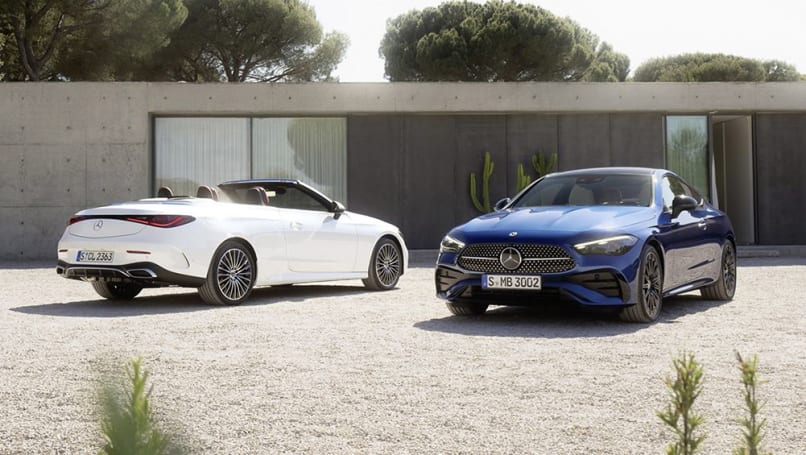
The new car sales winners of 2024: Toyota, Mitsubishi, Ford, BYD, Suzuki, GWM and more!
The Australian new car market is more competitive than ever before and the 2024...
Browse over 9,000 car reviews

The long-running court case between Mercedes-Benz and its dealers over the move to an agency sales model has reached a ruling in favour of the German brand.
Mercedes-Benz Australia (MBAuP) switched to an agency sales model in early 2022, wherein the German brand would hold all vehicle stock and set one drive-away price for all cars across the country, effectively ending new-car price negotiations.
The dealer network would act as 'agents' for Mercedes-Benz and still provide services like servicing, vehicle handovers and test drives for customers, while being compensated rather than maximising profits on each sale.
However, 38 dealers were unhappy with the change, and took MBAup to court in 2022 seeking $650 million in compensation.
The dealers brought forward the argument that moving to an agency model appropriated their goodwill and customer relations "for no or inadequate compensation", as well as years of "misrepresentations" by Mercedes-Benz Australia, and "threats to their ongoing business relationship" and a "refusal to genuinely negotiate the terms of the agency agreements".
However, Honourable Justice Beach has reached a ruling on the case and stated "the individual claims of the exemplar applicants [dealers] must be dismissed."
"It is difficult to see how it can be said that MBAuP is engaging in conduct that has prevented any [dealer] from enjoying the benefit of its dealer agreement," he said.

"After all, each dealer agreement was subject to non-renewal by either party without cause.
"Further, there is no suggestion here that MBAuP has breached any implied term to cooperate."
However, as is often the case, Mercedes-Benz did come in or some criticism in the judgment.
Honourable Justice Beach noted that "the introduction of the agency model has significantly diminished the upside that dealers had under the dealership model in terms of potentially earning profits", but also that the risk had largely shifted away from them to Mercedes-Benz Australia.
In fact, it was noted that "MBAuP did not consider the individual circumstances of dealers" and "it had little regard for the top 30 per cent of dealers who were likely to suffer under the agency model".

The judge said the idea put forward by Mercedes that "no dealers would be worse off" was "clearly not correct in relation to the top 30 per cent of dealers at least".
Furthermore, Honourable Justice Beach also called out Mercedes for exaggerating the justification for moving to an agency sales model.
"It was put that the substantial reason justifying the agency model was because of the problem of disruptors, aggregators and future online transactions. But this was all exaggerated in terms of the relevant time horizon," he said.
"These so-called concerns were also used in an effort to spook the dealers."

Finally, one of the reasons for switching to agency model and standardising pricing across the country was to reduce discounting, but Honourable Justice Beach noted that "the reality was that most of the intra-brand discounting was brought about by MBAuP's and MBAG's conduct in causing over-supply to increase market share and also the incentives to discount that MBAuP itself created flowing from its commission structure with the dealers."
Ultimately though, Honourable Justice Beach found that "none of this conduct together with the other conduct and circumstances makes out the applicants' statutory unconscionable conduct case".
Mercedes-Benz is not the first brand in Australia to switch to an agency sales model, as Honda also made the move in 2021 that saw its product line-up culled and sales drastically drop.
Comments